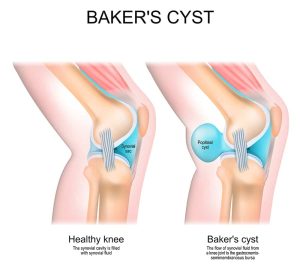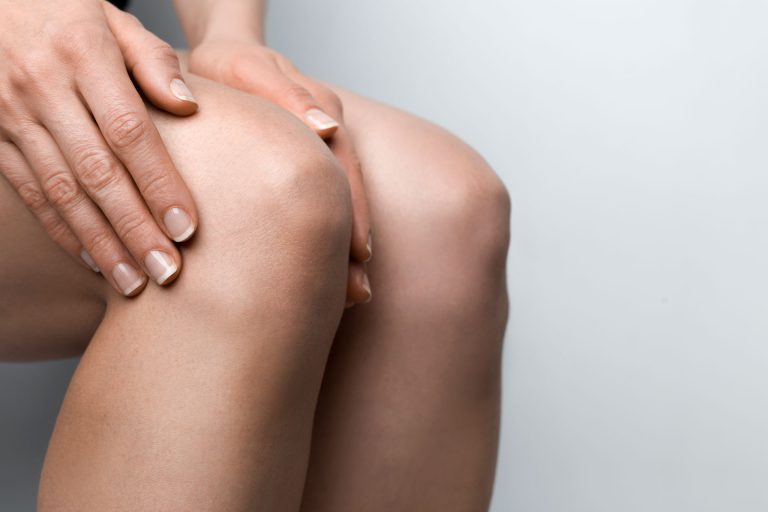

The meniscus is a C-shaped cartilage structure found in the knee joint that acts as a cushion and shock absorber, helping to distribute weight and maintain knee stability. There are two menisci in each knee: the lateral meniscus (on the outer side of the knee) and the medial meniscus (on the inner side). Meniscal injuries are among the most common knee injuries, especially in athletes, and can result from trauma or repetitive stress.
A meniscal injury typically occurs when the knee is twisted under load. This can happen during sports activities like basketball, football, or even squatting. While the medial meniscus (inner meniscus) is more commonly injured due to its stronger attachment to the knee, the lateral meniscus (outer meniscus) can also be damaged under similar circumstances. Over time, the menisci can wear down, leading to degenerative tears, which may not always present with pain or symptoms.
Meniscal injuries often result from the following causes:
Twisting movements under load: For example, when an athlete pivots suddenly during sports such as basketball, soccer, or football.
Direct impact: A hard tackle or collision can damage the meniscus.
Repetitive stress: Frequent deep knee bends or squatting motions can lead to wear and tear on the menisci.
Age-related degeneration: Over time, the menisci can wear down, resulting in tears that may not cause immediate pain but can lead to discomfort or limited mobility.
The clinical presentation of meniscal injuries can vary depending on whether the medial meniscus or lateral meniscus is affected. Common symptoms include:
Tenderness along the medial (inner) joint line.
Pain during knee hyperextension (straightening the knee).
Pain during knee hyperflexion (bending the knee deeply).
Discomfort during external rotation of the foot.
Lateral Meniscus Injury:
Tenderness along the lateral (outer) joint line.
Pain during knee hyperextension.
Pain during knee hyperflexion.
Discomfort during internal rotation of the foot or lower leg while the knee is flexed.
Several factors can increase the risk of developing a meniscal injury, including:
Sports participation: Sports that involve rapid pivots, twisting, or contact (e.g., football, basketball, soccer).
Age: Meniscal degeneration is more common in older adults.
Previous knee injuries: Having a history of knee trauma can predispose an individual to further meniscal damage.
Weak or imbalanced muscles: Poor muscle control around the knee can place extra strain on the menisci.
At York-Med Physiotherapy & Wellness Centre in Richmond Hill, our registered physiotherapists will perform a thorough assessment of your knee injury to accurately diagnose the type and severity of the meniscal tear. Based on the findings, we will develop an individualized treatment plan to promote healing, restore function, and prevent future injuries.
Our treatment approach for meniscal injuries includes:
Manual Therapy: Hands-on techniques aimed at reducing pain, improving joint mobility, and enhancing the knee’s range of motion.
Electrotherapy: Modalities such as ultrasound or TENS to manage pain, reduce inflammation, and promote tissue healing.
Strengthening Exercises: A tailored exercise program to strengthen the muscles around the knee, improve joint stability, and prevent further injury.
Stretching and Mobility Exercises: To restore flexibility and range of motion to the knee joint.
Activity Modification: Advice on how to modify daily activities and avoid movements that stress the meniscus during the healing phase.
For minor meniscal tears, physiotherapy treatment can help you recover without the need for surgery. For more severe tears, a comprehensive rehabilitation program will aid in preparing the knee for potential surgical intervention or help improve recovery following surgery.
At York-Med Physiotherapy & Wellness Centre, we offer expert care for meniscal injuries, utilizing evidence-based techniques and personalized rehabilitation programs. Whether you’re an athlete or someone who has suffered a knee injury from everyday activities, our team of physiotherapists will work with you to restore knee function, reduce pain, and ensure a safe return to your regular activities.
Contact us today to schedule a consultation and learn how our physiotherapy treatments can help you recover from a meniscal injury.
© 2020 York-Med Physiotherapy and wellness center | Richmond Hill & Vaughan. All Rights Reserved.
Designed by Magham Agency